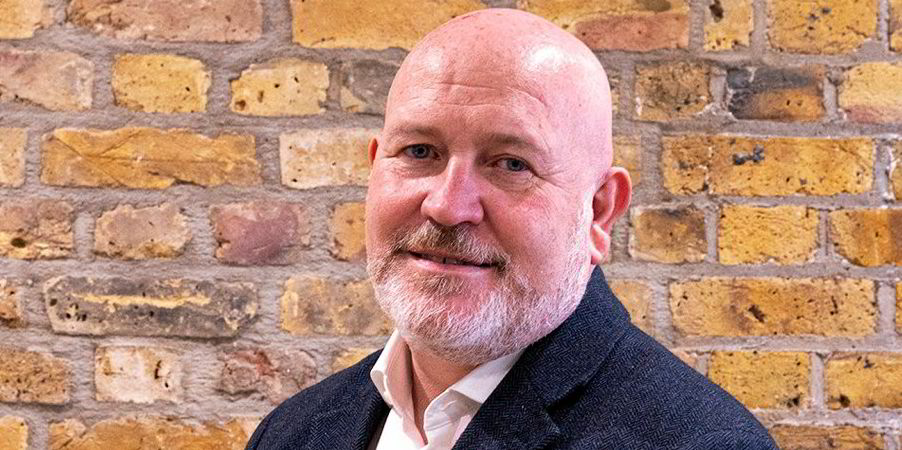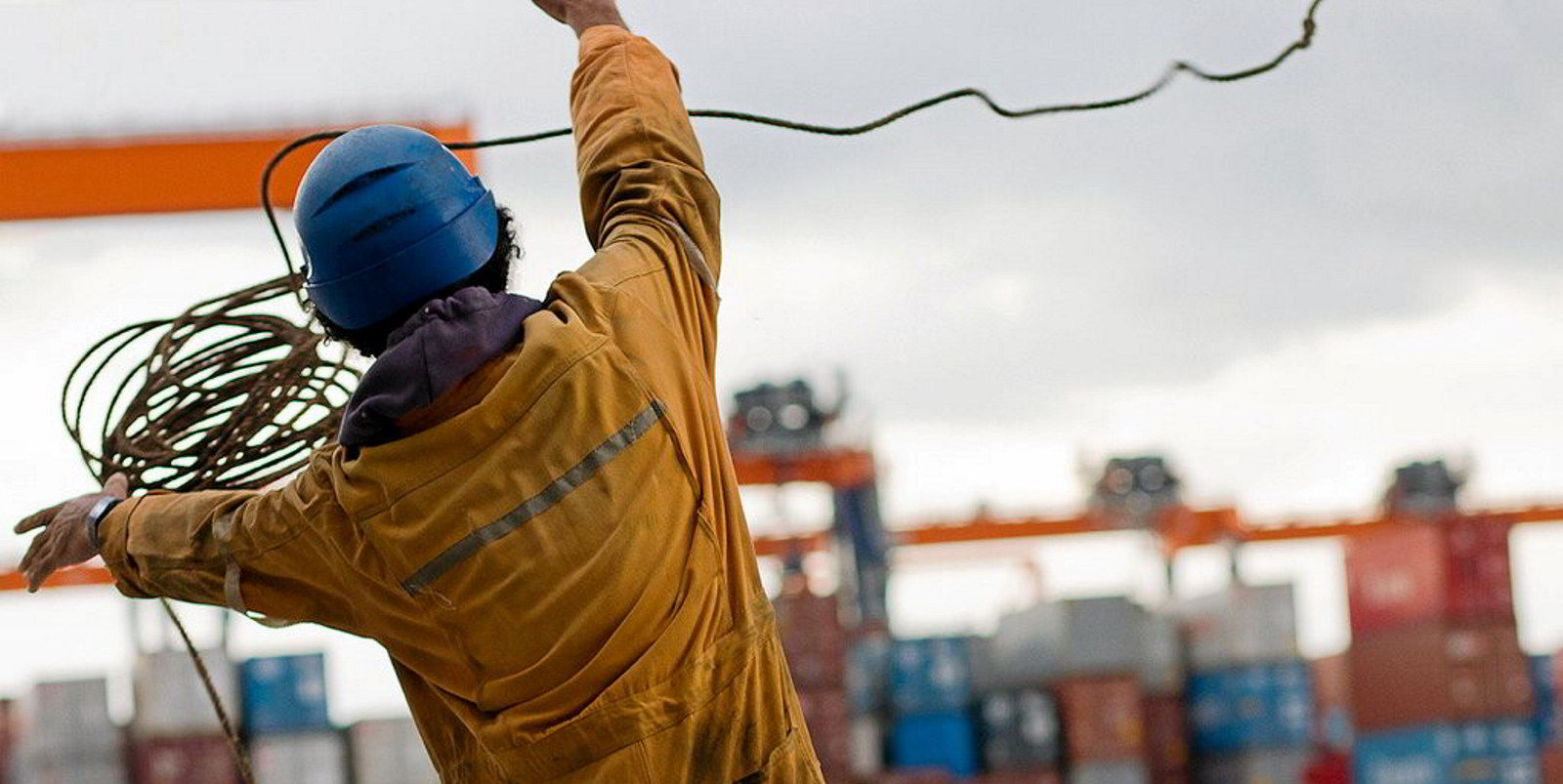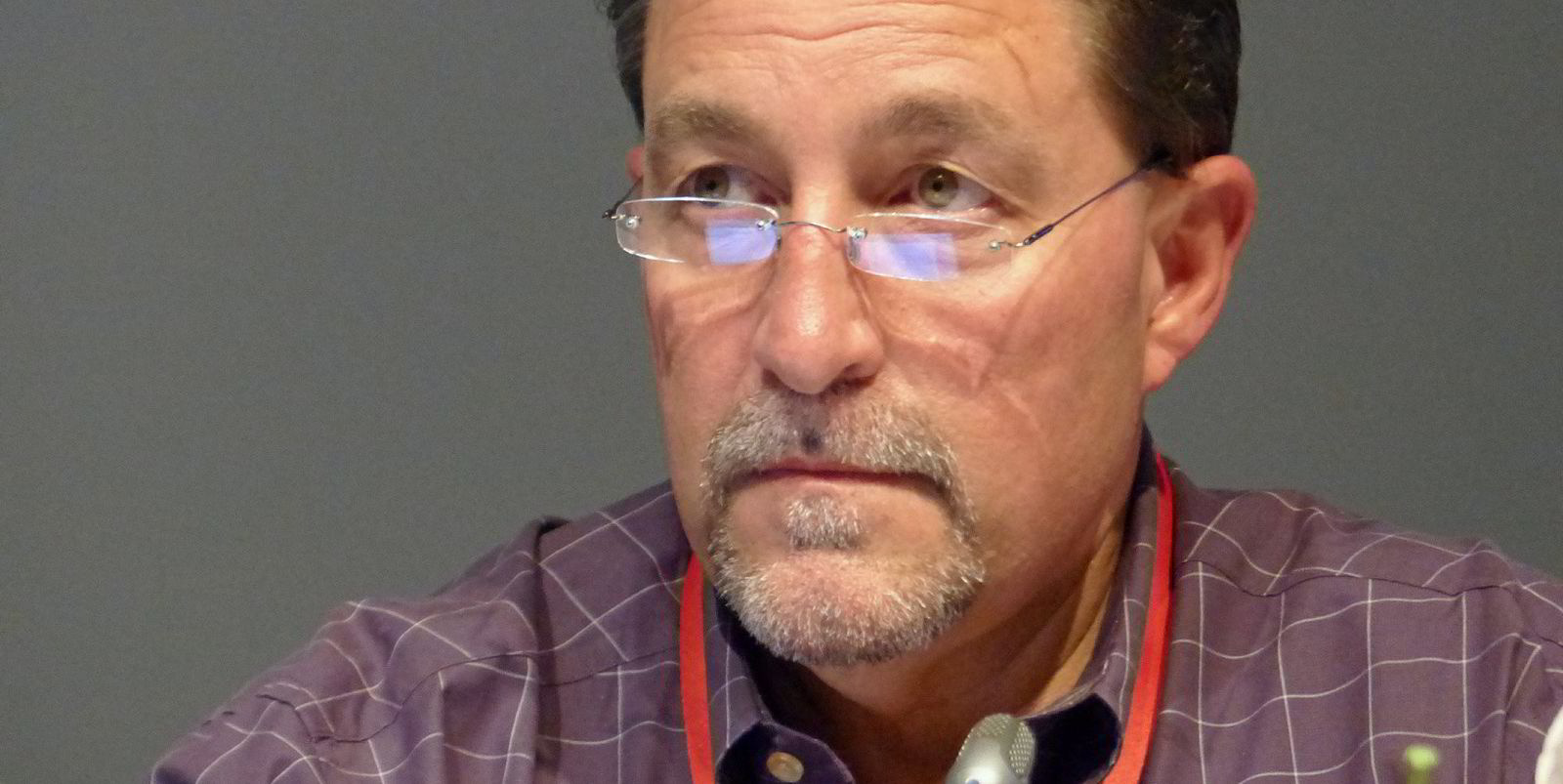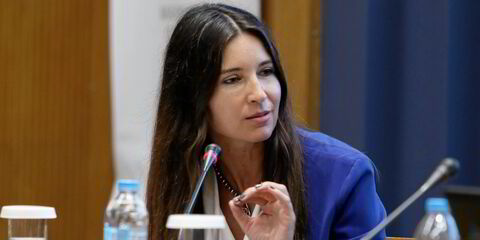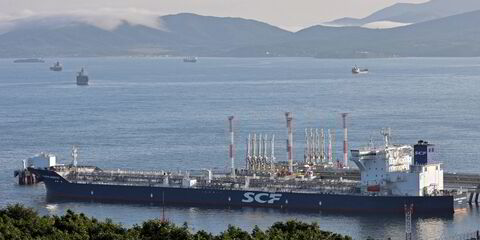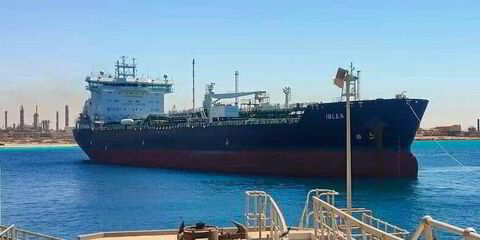Four Ukrainian seafarers held in Turkey on drug charges are the latest victims of the criminalisation of mariners, says the International Transport Workers’ Federation (ITF).
The union said on Tuesday that the crew members have been held for seven months without trial after their arrest in Iskenderun following the discovery of cocaine in a container on the 3,430-teu MSC Capucine R (built 2001).
“We want our seafarers home,” said Oleg Grygoriuk, chairman of the ITF-affiliated Marine Transport Workers’ Trade Union of Ukraine.
“No seafarer should be criminalised just for doing our job. No seafarer should be put in the position when they cannot say for sure to their families when they will be home next. The uncertainty this situation brings is as much a sentence for the families as it is for the seafarers.”
The unnamed seafarers were arrested last July on drug smuggling charges. The remaining crew members were interviewed as witnesses in the investigation, according to a report in the Kyiv Post.
The ITF said it was highly unlikely that the four — the captain and three others — knew the drugs were on board as the Turkish officials broke the customs seal to find the cocaine.
The union said it is standard practice for the containers to be sealed before loading to prevent tampering, leaving the crew in most cases with no knowledge of what is in the boxes.
It did credit Turkey for releasing the quartet on bail in late August, but said there is “no trial in sight”.
ITF Seafarers’ Section chair David Heindel said seafarers around the world are increasingly being held responsible for things such as smuggling by local authorities, which appear to prefer punishing them than pursuing the groups behind the trafficking.
Once criminalised, seafarers can be detained long-term, denied bail or legal support and held in unacceptable conditions.
The Kyiv Post report said the seafarers had been provided legal representation and an interpreter, and Turkey had involved Ukrainian authorities in the investigation.
“Given seafarers can be thousands of miles from home when they’re arrested, and often not speaking the local language, they are in a very vulnerable position if local authorities do not treat them with fairness,” Heindel said.
“We need every country to have justice systems that are quick to intervene if police or customs officials get it wrong.”
Throwing out “phoney” charges swiftly could avoid suffering.
“But the reality is that the justice systems in some of these places are too slow to act. That is not acceptable. As the saying goes, justice delayed is justice denied,” he said.(Copyright)
